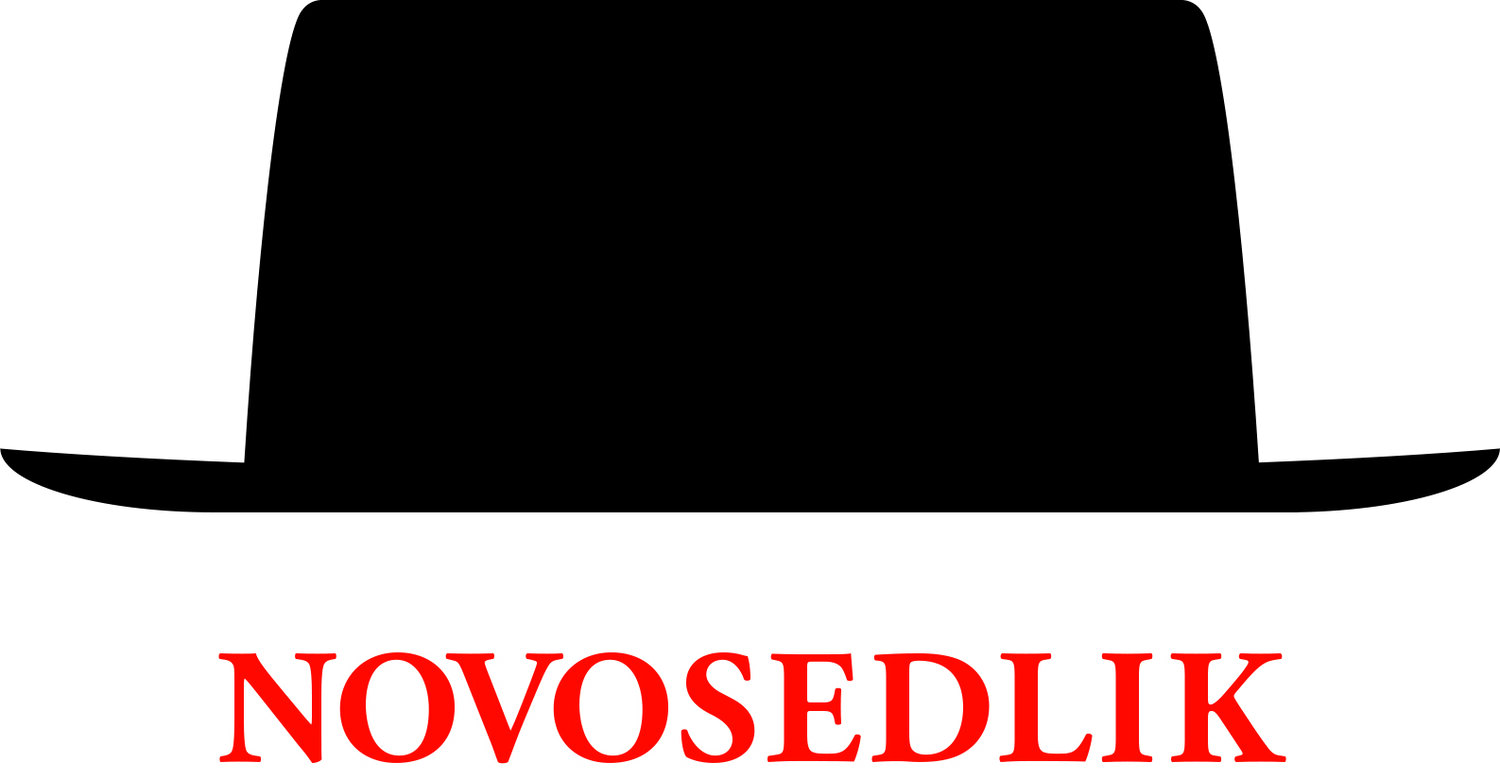The 5 Horsemen of the Brand Apocalypse
.........................................................................
Originally published in Applied Arts Magazine, 2017
.........................................................................
3 MINUTE READ
According to a Business Insider report dated August 1, 2016, the five most valuable public companies in the world were: 1. Apple ($appl): $570.7 billion; 2. Alphabet ($goog): $560B; 3. Microsoft ($msft): $434B; 4. Amazon ($amzn): $365B; and 5. Facebook ($fb): $354B.
No surprise to anyone who’s been even marginally conscious for the last 10 years as to where the money has gone. These brands have transformed our lives, for better and for worse. I’ll never work on any laptop but a Mac. Google is my gopher. Hate Microsoft but need it. Absolutely loathe Amazon (the coalface of capitalism!) but have great difficulty avoiding it. And as for Facebook, am admittedly addicted to it. For better or for worse, these are the brands shaping our lives right now.
In a fascinating exchange between NYU marketing professor Scott Galloway and business partner Maureen Mullen, the pair discusses most of the above brands as they make their predictions for 2017. Lion’s share of their attention is given over to Amazon, which they see as the most likely of the bunch to pull ahead of the pack in its disruptive drive for world domination. But at one point in the conversation, Galloway proclaims that it is the “end of the brand era,” because online, don't you know, people are searching by category far more than by brand.
As recent data shows, in categories like apparel, accessories, shoes, beauty and skin care, the spreads between branded and non-branded search terms are indeed significant and growing in favour of the latter. People really are searching category first, brand later. This suggests that we trust the brands that bring us the brands more than the brands they bring us, and that this handful of megabrands will therefore eclipse all others as the most trusted.
I’m getting a post-modern “medium is the message” kind of vibe from that, aren’t you? Let’s play it out. You want anything, you jump on Google and search for it—or, rather, you let Google search for it (important distinction). After doing this to the point where it is reflexive, you are imprinting Google on your brain more often than any of the brands Google is trying to search.
Hold that thought and engage your "opposable mind" to consider a current Harvard Business Review article co-authored by Roger Martin, former dean of the Rotman School of Management, and A.G. Lafley, former CEO of P&G, entitled “Customer Loyalty is Overrated: A Theory of Cumulative Advantage.” Their thesis is that sustained competitive advantage comes not from offering customers the perfect choice but by offering them the easy one. Repeated exposure to your product, whether through messaging or experience or both, trains lazy old brains that you are the easiest choice. “Each time you choose a given product, its advantage over the ones you didn’t choose cumulates.” And because as humans we’d really rather do the same thing over and over again than have to think about it, you can see what they're talking about.
The point is: given a choice, the brain would rather not have to make one. So any brand that makes it so you don’t have to make one is the one you will choose, right? Any that don’t, according to Martin and Lafley, are not likely to outlast their withering algorithms.
So the brand era ain’t dead. It’s just that there’s only five left. It’s the age of the uberbrand.





